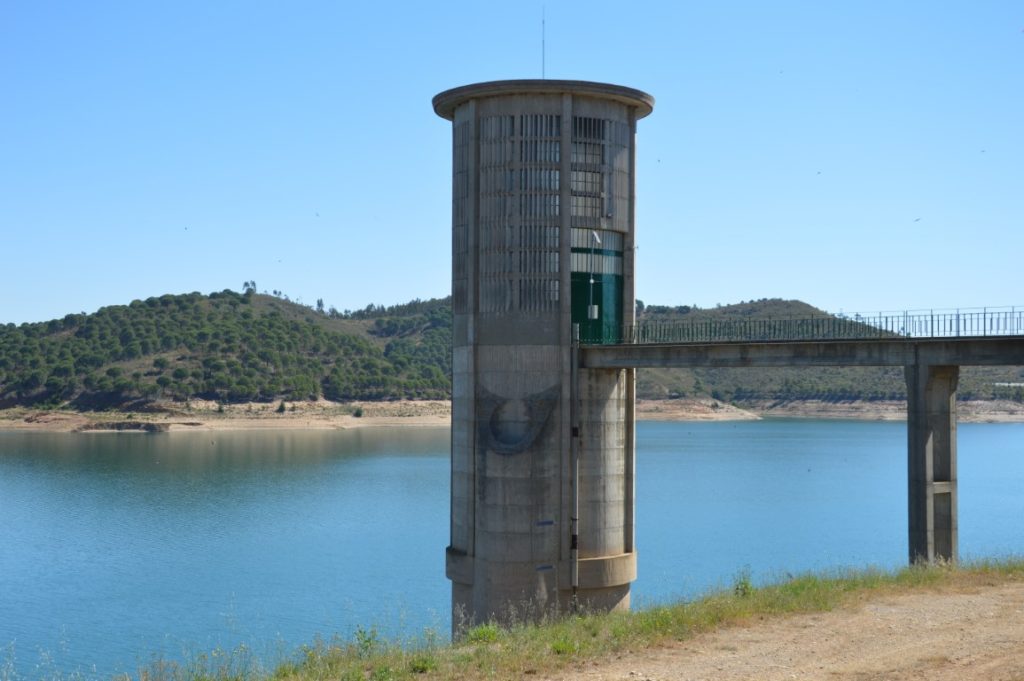The Minister of Agriculture Maria do Céu Albuquerque will chair the opening session of the 2019 Regadio Meeting, on 6 November, at 10:30 am, in the auditorium of ZMar, municipality of Odemira.
The 2019 Regadio Meeting, organized by FENAREG – National Federation of Irrigants of Portugal and ABMira – Mira Beneficiaries Association, on 6 and 7 November, brings to debate the challenges of articulation between Agriculture, Environment and Territory, a timely and current, both in the Odemira region and at national level.
The Irrigation Perimeter of Mira, built in 1969, and which this year celebrates 50 years, has 94% of its area (12.000 hectares) integrated in the Natural Park of Sudoeste Alentejano e Costa Vicentina, an environmental protection zone created in 1988 and later classified as Natura Network. This overlap has created constraints on the expansion of agriculture in the region.
Irrigants and agricultural entrepreneurs in the region are calling for a revision of the Mira Irrigation Perimeter, taking into account the current reality of the territory and the evolution of irrigation technologies, which are now more efficient.
«We intend to redefine the limits of the Mira Hydroagricultural Development, taking into account the existing environmental constraints, that is, to classify the conflict zones and to define new areas where irrigated agriculture is authorized, to compensate prohibition in other areas», says Manuel Amaro Figueira, executive director of ABMira.
“There is land and water available to irrigate the 12.000 hectares, but the constraints are the areas where irrigation can be practiced. Outside the initially defined perimeter, which nowadays has no meaning, new agricultural investments are not authorized, and even within the perimeter there are limitations to agricultural activity», explains the director of AB Mira, estimating that, in recent years, they have between 1.500 and 2.000 hectares of irrigation due to restrictions imposed by the Natural Park.
Sustainable Irrigation Agricultural Areas
The irrigators represented by FENAREG consider it essential to reinforce the environmental sustainability of irrigation and the creation of “accords of responsibility” between the managing entities of the protected/classified areas and the users of water for irrigation.
This topic will be discussed at the 2019 Irrigation Meeting and is one of the measures proposed by FENAREG in the context of an in-depth study that the Federation presented to the Government in June 2019, pointing out paths to guide public irrigation policies until 2050.
This document points out, among others, the need to survey overlaps between irrigated area/classified areas, the reassessment of natural values in the overlapping areas and the implementation of compensation mechanisms for farmers, whenever the restrictions imposed by the planning instruments and land management are such as to limit the use of competitive irrigation technologies.
On the other hand, the irrigators propose the creation of a standard for recognition, and subsequent certification, of "Sustainable Irrigation Farms" that incorporate in their activity the protection of water resources, soil conservation, contribution to biodiversity (habitats and species) and the improvement of carbon sustainability.
This certification, initially voluntary, may tend to become mandatory, contributing to the creation of 100.000 hectares of Sustainable Irrigation Agricultural Areas by 2027, including farms and irrigation perimeters.
«With the challenges of climate change and the environmental commitments that we propose, planning has an increasingly important role, being essential to think in the long term and find viable alternatives and solutions», concludes José Núncio, president of FENAREG.

















Comments